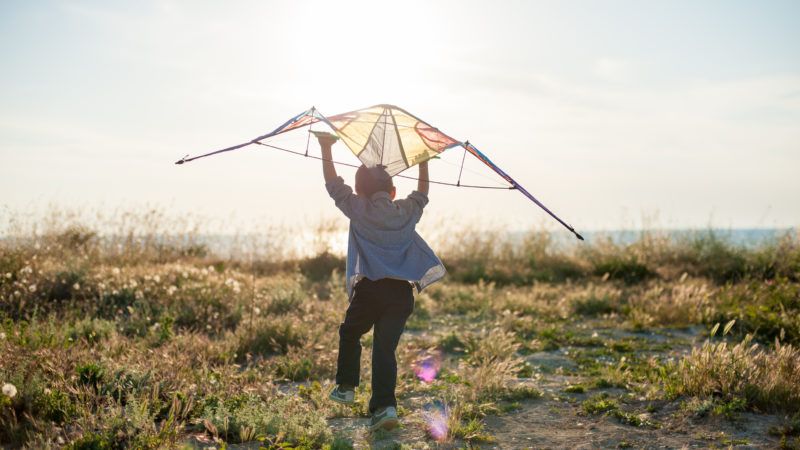There's Light—and Growth—at the Other End of the Coronavirus Tunnel
"We are far more resilient than we give each other credit for."

Here's something you might not have heard of: post-traumatic growth. I promise I didn't invent it just to cheer anybody up. But I hope it does cheer you up, because it's real.
"We are far more resilient than we give each other credit for," says Dr. Samantha Boardman, founder of positiveprescription.com and assistant attending psychiatrist at Weill Cornell Medical Center in New York City. And the research proves it.
Beginning in the 1990s some psychologists finally started turning their focus away from dysfunction to study its good-twin opposite: how people cope. By some estimates, at least half the population has gone through some kind of real trauma. (And let's assume, by September or so, that could be a lot more of us.) And yet, writes John Tierney, co-author of the new book The Power of Bad: How the Negativity Effect Rules Us and How We Can Rule It, four out of five trauma victims did not suffer from PTSD.
"In the long run, they typically emerged stronger," says Tierney. "Instead of being permanently scarred they underwent post-traumatic growth."
The reason most of us haven't heard of this positive turn of events, according to Tierney, is because good news never gets the kind of attention bad news gets. That's a big theme in his book: Twitter, cable TV, and even the human brain love bad news and ignore most of the good.
This doesn't mean trauma is some fabulous thing you should seek out, like probiotic Greek yogurt, because it's so healthy. Trauma can be, well, traumatizing. But psychologists have seen people coming out the other end with an "increased appreciation of life, deeper relationships with others, new perspectives and priorities, [and] greater personal strength," says Tierney.
Even in the meantime, while we're still in the midst of this miserable thing, I've been hearing from parents who are kind of stunned to see their kids not only coping, but almost unfolding like a tender green shoot, watered by the unexpected gift of the virus: free time.
"My daughter is almost 12 and my son is 9, and they've been off school since March 12," a mom in Canada tells me. "I was expecting a lot of bickering and crabbiness and there's been a little bit, but not nearly as much as I expected." Instead, her son spontaneously took a kite out to fly the other day—for the first time in his life. His sister, who normally goes to bed at 11 p.m. and has to get up at 7 a.m., is still going to bed at 11 p.m., but now getting up at 11 a.m. That probably means the girl needed more sleep than she was getting before, and that the extra rest is doing everybody some good.
Meagan Heryet, a fundraiser in Oregon City, Oregon, has an 8-year-old daughter who is normally, Megan says, "a disaster."
"She's a hoarder, she's an artist, there's trash everywhere, there's no laundry basket," says Megan. "But since we've been home—no prodding from me—she just decided it was important for her bedroom to stay clean." The girl is making the bed every day.
In suburban Virginia, Stephanie Gillespie's son, age 14 and normally not too keen on school projects, "all of a sudden decided that there's all these things he wants to pursue," Gillespie tells me. Top of the list? Building a computer.
Dark are these days but there is light at the end of the tunnel—and some pretty cool light shows inside the tunnel, too.


Show Comments (96)